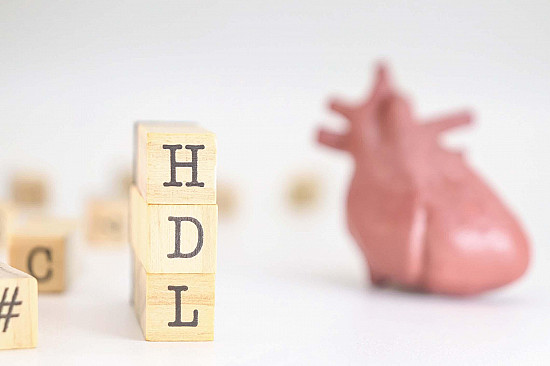How can I tell if my statin is working?
On call

Q. I recently had a repeat coronary artery calcium scan, and the score was about the same. I take a statin and thought the score would go down. Does this mean the statin isn't working?
A. A coronary artery calcium (CAC) scan measures the amount of calcium in the walls of your heart's arteries. Calcium in the bloodstream makes its way into most of the fatty deposits called plaques that sit in your coronary arteries. So, the amount of calcium in the walls of your heart's arteries reflects how much plaque accumulation you have. While the CAC score provides important information, it doesn't tell the whole story. It can miss the softer uncalcified plaques, which have a more significant influence on heart attack risk.
A CAC scan is quick and easy. You lie on your back with electrodes placed on your chest to record an electrocardiogram (ECG). The CAC scan uses a special CT device that captures many heart images while you hold your breath for 10 to 15 seconds. The images are synchronized with your heartbeat recorded on the ECG. The computer program calculates a coronary artery calcium score. Traditionally, a higher score indicates a greater heart attack risk. But a study published online Aug. 18, 2021, by JAMA Cardiology suggests we should rethink how we use and interpret CAC scans.
Researchers enrolled 857 patients with suspected or known coronary artery disease. The patients underwent a baseline CT scan of their coronary arteries, and the test was repeated again two years later. Of the study participants, two-thirds took a statin, and the rest did not.
The type of CT scan used in this study provides much more detail than a traditional CAC scan. It can show the degree of artery blockages and also the kind of plaque in the arteries. That's important because a soft fatty plaque with less calcium is more likely to rupture than a hard and heavily calcified one. A ruptured plaque spews out chemicals that trigger blood clot formation on top of the plaques, suddenly blocking blood flow and causing a heart attack.
Over two years, the patients taking statins showed significant transformation of large, soft plaques to smaller plaques with denser calcium deposits. The patients who were not on statin therapy had more of the large, soft — and more dangerous — plaque formations.
Therefore, you should not be discouraged about having the same CAC score as before. You likely have fewer soft plaques now than you would have if you were not taking a statin.
In fact, even if your score had gone up, it would still mean that your statin is both lowering your risk of developing new plaques in your arteries and decreasing your chance of a heart attack.
Image: © rogerashford/Getty Images
About the Author

Howard E. LeWine, MD, Chief Medical Editor, Harvard Health Publishing; Editorial Advisory Board Member, Harvard Health Publishing
Disclaimer:
As a service to our readers, Harvard Health Publishing provides access to our library of archived content. Please note the date of last review or update on all articles.
No content on this site, regardless of date, should ever be used as a substitute for direct medical advice from your doctor or other qualified clinician.















